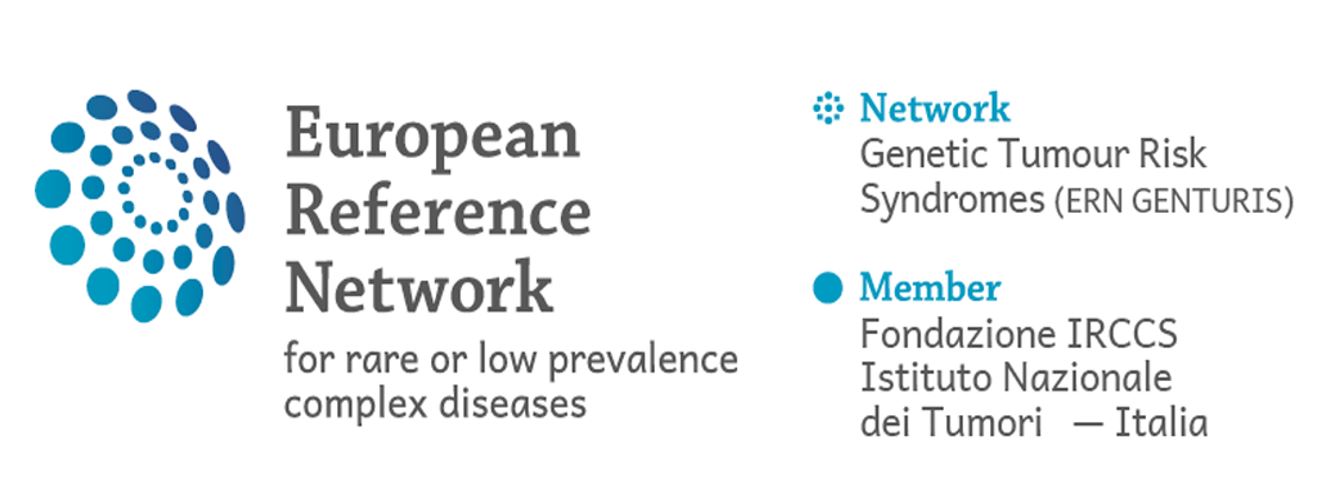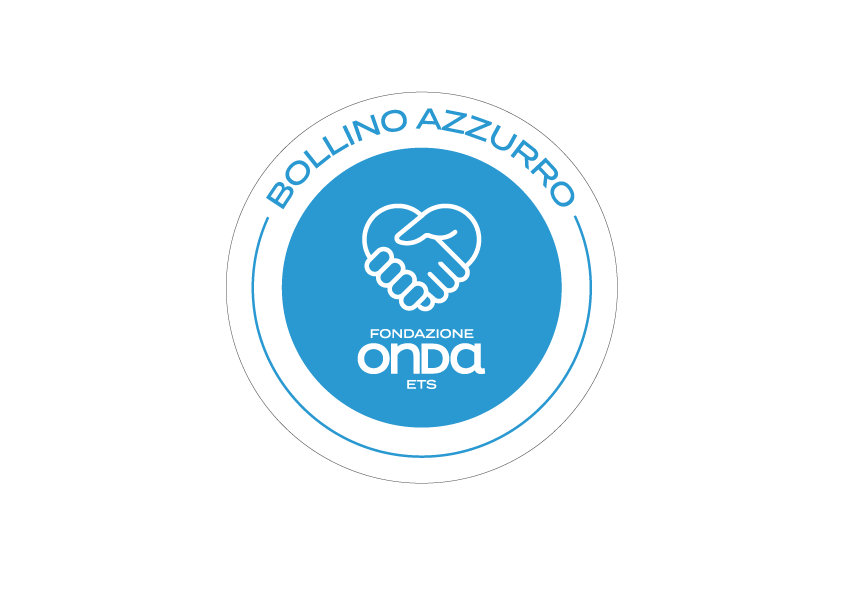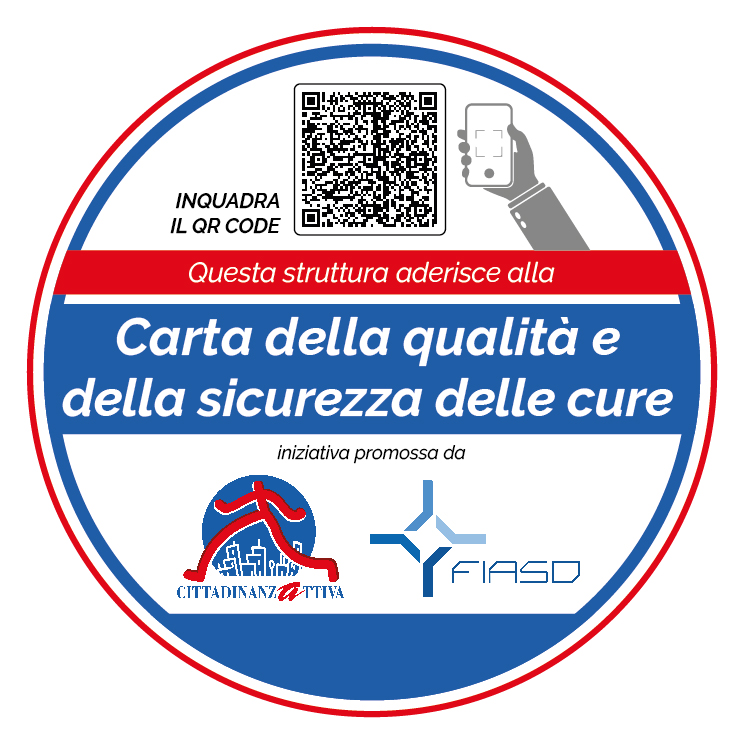S.S. Epigenomica Molecolare
Molecular Epigenomics Unit
Descrizione:
The main research areas of the Molecular Epigenomics Unit, of the Department of Experimental Oncology, are cancer classification using coding and non-coding transcripts to better understand the human transcriptome. In particular, the unit has gained extensive and documented expertise in omics analyses of genes and microRNA in colorectal cancer to identify minimally invasive (liquid biopsy) tumor-related biomarkers that can be used for early diagnosis and/or prognosis of cancer, while also contributing to a deeper understanding of the molecular pathogenesis of the disease.
The unit's interests have recently expanded to include the development of 3D models, particularly organoids. Organoids are generated from colorectal cancer, peritoneal diseases (colorectal cancer peritoneal metastases and pseudomyxoma peritonei) and corresponding normal tissues, to be used to identify new targets and develop novel therapeutic approaches. Specifically, the unit is developing 3D engineered models in which organoids derived from peritoneal metastases are grown on natural scaffolds to integrate key features of tumor cells and their surrounding microenvironment and determine the molecular events that support the formation of the peritoneal metastatic niche.
Molecular Epigenomics Unit
The main research areas of the Molecular Epigenomics Unit, of the Department of Experimental Oncology, are cancer classification using coding and non-coding transcripts to better understand the human transcriptome. In particular, the unit has gained extensive and documented expertise in omics analyses of genes and microRNA in colorectal cancer to identify minimally invasive (liquid biopsy) tumor-related biomarkers that can be used for early diagnosis and/or prognosis of cancer, while also contributing to a deeper understanding of the molecular pathogenesis of the disease.
The unit's interests have recently expanded to include the development of 3D models, particularly organoids. Organoids are generated from colorectal cancer, peritoneal diseases (colorectal cancer peritoneal metastases and pseudomyxoma peritonei) and corresponding normal tissues, to be used to identify new targets and develop novel therapeutic approaches. Specifically, the unit is developing 3D engineered models in which organoids derived from peritoneal metastases are grown on natural scaffolds to integrate key features of tumor cells and their surrounding microenvironment and determine the molecular events that support the formation of the peritoneal metastatic niche.



















